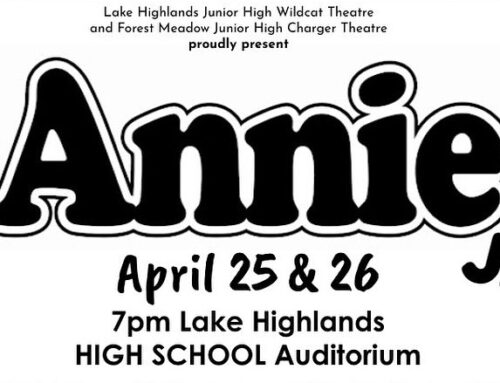
Nocturnal Animals
Visually stunning, often chilling, and occasionally clunky, fashion designer-turned-filmmaker Tom Ford’s Nocturnal Animals is a stronger sophomore effort than most. It’s a Texas Gothic crime thriller sutured to a potboiler melodrama about the existential despair of L.A. socialites in a David Lynchian fashion — though with less surrealism and more coherence. Make of that what you will.
It’s gears don’t always mesh, but Ford’s ambitious adaptation of Austin Wright’s novel Tony and Susan mostly holds the viewer spellbound, whether by ambiguity, terror, or sheer bewilderment.
Ford largely succeeds in weaving the novel’s three plot lines into an amalgamated story. Amy Adams carries the bulk of the film as Susan, a Los Angeles gallery owner living a life of isolation and depression, splitting her time between upscale art snobs and an emotionally indifferent husband (Armie Hammer).She receives a manuscript from her novelist ex-husband Edward (Jake Gyllenhaal), a sensitive type whom she married almost 20 years earlier while in grad school, largely to piss off her wealthy, uptight mother (Laura Linney, almost unrecognizable underneath a Dallas-style rich-bitch coif).
The rise and fall of Edward and Susan’s marriage plays out via flashbacks; folded into the mix is a movie-within-the-movie of Edward’s novel, which is dedicated to her and involves a Texas family: Tony (also played by Gyllenhaal), his wife Laura (Isla Fisher), a dead-ringer for Susan; and there daughter, India (Ellie Bamber), who mirrors Samantha (India Menuez), Susan’s daughter with Hutton. They are harassed one night on a remote Texas highway by a trio of rednecks lead by Ray (a scene-stealingly repugnant Aaron Taylor-Johnson), with tragic consequences. Tony seeks vengeance with the aid of an embittered cop (Michael Shannon).
It’s tricky terrain to mine for a film narrative, but Ford (who also wrote the screenplay) manages a taut story with room for interpretation. Edward’s novel can be read as a metaphor for heartbreak, or as an act of revenge against Susan for leaving him “in a brutal way”. That Adams can make us give a damn about such a shallow and unlikable character is a testament to her acting chops.
Ford isn’t subtle here — at one point Susan finds herself contemplating a painting stating “Revenge” in large letters — but film noir usually isn’t, and that’s what Nocturnal Animals is at its core, a fact driven home by Abel Korzeniowski’s retro score and the stunning cinematography of Seamus McGarvey (The Avengers, Godzilla). Like its characters, most of the movie is a cypher whose beauty rests mainly on the surface. There are some cracks in that surface worth exploring, though.





